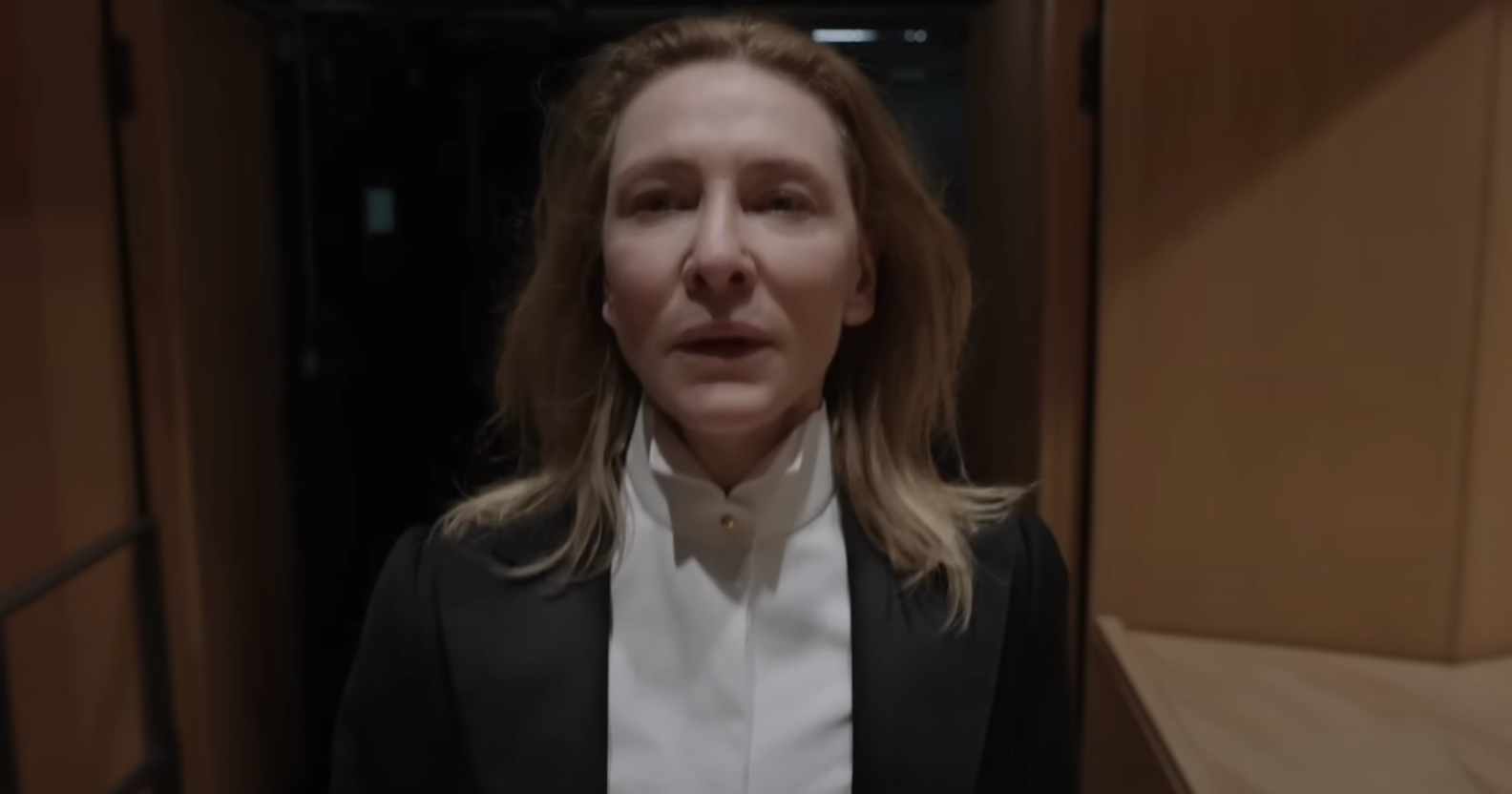Tár: Villains and victims
Tár: Villains and victims of cancel culture
I’m not sure how many people are actually aware of this but Lydia Tár isn’t a real person. It seems a strange thing to need to mention, but I think it does change the way we understand Tár. As a fictional film interested in modern issues like cancel culture, having a fictional protagonist (and a pretty unlikeable one at that), seems to do the film a disservice, once we realise she isn’t real.
The scenario proposed to the audience involves a woman in a position of power who is able to manipulate and dictate the directions of her colleagues’ careers, and the victims of her dominion. If the film is a solar system, Lydia Tár is the star relative to all her peers who orbit her, drawn to her. Rather than coming from the perspective of those without power, the film only gives us Tár’s perspective on events and people, and yet we still leave the film knowing very little about her interior self.
Even then, the binaries of “victim” and “perpetrator” are very clouded in situations of cancel culture. Tár would be considered the victim of cancel culture in the sense that her career has been compromised, forcing her to move away from her life with the Berlin Philharmonic and her family and instead conduct performances for an auditorium full of bright-eyed, bushy-tailed cosplayers. But per the rules of cancel culture, because her fate is apparently deserved, Tár should not be afforded sympathy or empathy because she must be held accountable for her actions.
If Tár is trying to get audiences to re-evaluate how they handle situations of cancel culture, it’s not done a great job. The fact remains - as far as this film is concerned - that those who are “cancelled” probably do need to be held accountable for their actions, nor are they particularly deserving of pity.
To be fair, the cancel culture theme doesn’t really appear in an explicit way until the second half of the film, and up to that point the audience’s experience of Lydia Tár has largely been centred on her career in the sense of her artistry. It’s more a portrait of Tár, thinking about the world she operates in and the things she values. Nevertheless, Tár does not paint a favourable portrait of its eponymous heroine.
What is the audience then supposed to take from this film? What is its moral code (if it does have one) and are we inclined to support it? Tár’s actions are not too far removed from some of the behaviours which face criticism online in our contemporary moment; actions which demoralise her students because they feel violated or attacked by her, actions which invade on the personal space and boundaries of others, and which ultimately reveal an egocentric individual who is happy with manipulating others for personal gain.
However, this film reconfigures some of the power structuring typically at play in cancel culture. As I’ve mentioned, the audience is given primarily Tár’s perspective on events, and so are perhaps encouraged to look at this scenario with kinder eyes - to give Tár the benefit of the doubt - but simultaneously, she’s not a nice person, and her presentation on screen is cold and prickly. Her colour palette is full of dark shadows and grey tones (except for when she’s on stage), and the atmosphere of the film is chilly. So overall, the film doesn’t seem to believe that Tár actually deserves to be forgiven for her actions.


Comments
Post a Comment